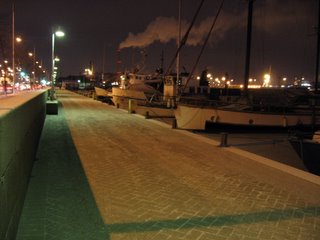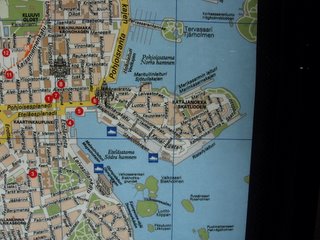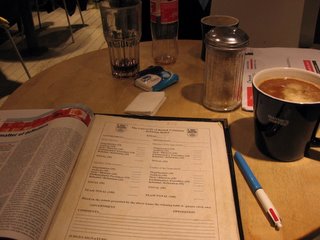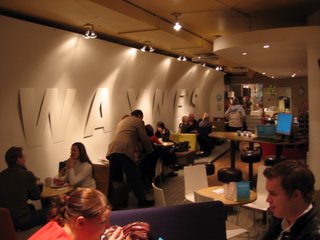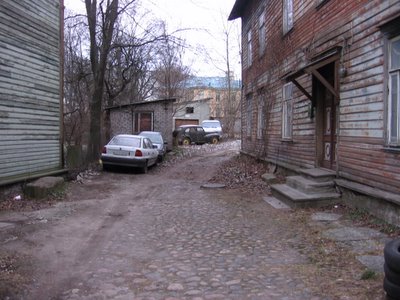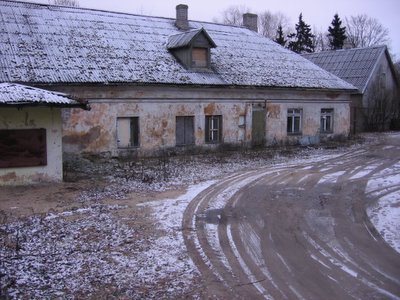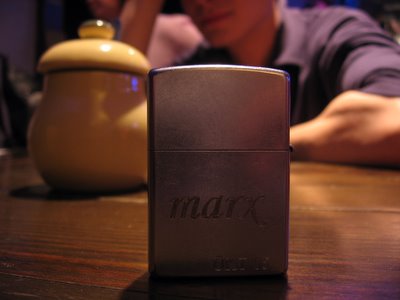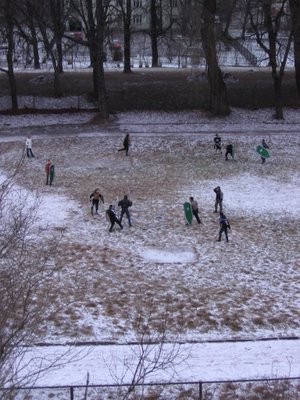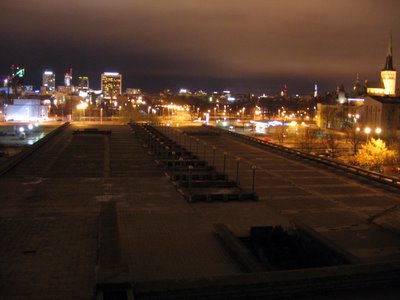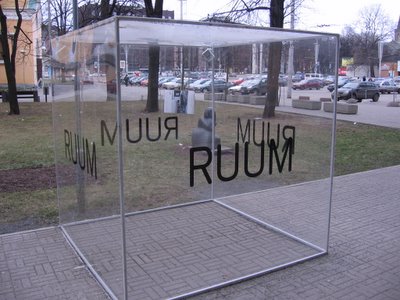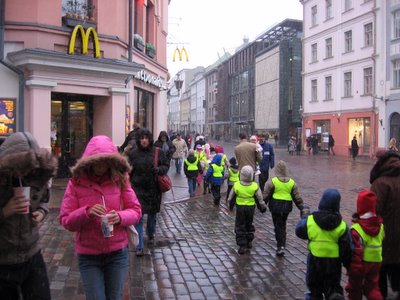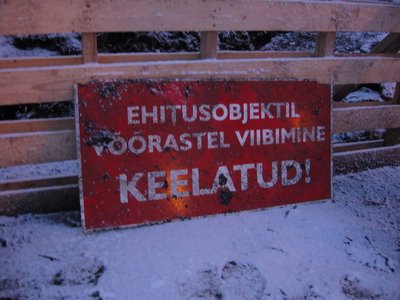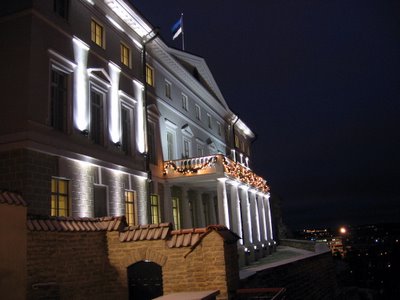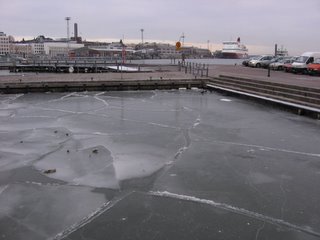
My final supervision this year with Dr. Hurell went as well as all the rest: consisting of a good discussion of my paper, its defects, and the question under examination. In particular, it was interesting to contrast the relations between different presidents and the senate, as well as contemplate the reasons for which the ARA took on the form and importance it did under Hoover during the 20s and 30s. As with my prior discussions with Dr. Hurrell, it was engaging, useful, and enjoyable. Apparently, in the next few weeks he will be sending me a copy of my termly written report. It will be good to know how he thinks I am doing, overall. In all likelihood, I will post it here.
Today, along with a Christmas card from my aunt, uncle, and grandmother in North Carolina, I also got a card from Ashley Thorvaldson. Receiving mail is always a very pleasing thing. Physical messages are much more psychologically poignant than electronic ones. Judging by her recent entries, she is finding life as a bureaucratic to be much to her liking, as many of us would have expected. I shall have to make sure to send her a postcard from the Baltic tour. Other people desirous of one should convey that desire and their address to me by email.
One big snag has come up with regards to the trip. Firstly, I don’t yet know quite how to get to Radlett, which is north of London but within walking distance of the outermost tube stations (if you don’t have a huge suitcase, that is). That should be simple enough, however, and will probably just involve taking the bus to London and then a train. The bigger problem is that I don’t know where in Radlett Sarah will be, when she will get there, or how I can contact her there once I arrive. Looking at it on Google Maps, it doesn’t seem to be such a big place. I will figure it out. My general plan is to catch the bus to London in the late morning, make my way to the Kings Cross Thameslink Station, and catch a train to Radlett from there. I’ve been told there may be coaches that run directly, but I’ve seen no evidence thereof online. Radlett isn’t even listed as a destination by National Express.
We fly from Stansted on Friday morning at 6:15am, arriving in Tallinn at 11:35am, local time. Hopefully, we won’t have trouble finding a hostel in which to stay. The plan is to stay at the Hostel Vana Tom, as Gabe recommended. Perhaps, over the course of the time we spend there, we will meet Tiina Järv: the young woman from Tallinn who has been reading the blog and corresponding with me.
Tonight, I achieved the Sisyphean task of reconciling my accounts. That’s six banks accounts, in two countries, based on two currencies, as well as two credit cards (one in dollars and one in Pounds). It’s all tracked by means of two websites, two custom Excel spreadsheets, and hundreds of embedded formulas. It’s rather trickier than managing the debate society finances was. Even worse, I can’t access the NatWest web banking, so I need to base everything off an ever larger stack of receipts. Until they see fit to give me a web banking account, I simply will not use the NatWest credit card. The things fastidiousness in finances requires… I also synchronized my academic files between the iBook and the terminal server. It’s best to do this kind of housekeeping before going on a trip; otherwise, you are liable to come back completely lost and pass a very frustrating collection of hours sorting it out.
After tonight, the blog is in vacation mode. That means, among other things:
- A rather lower chance of daily updates, though I will have access to a computer in Helsinki.
- A good chance of posts including more than one photo.
- The activation of comment moderation. I don’t want to need to worry about some vandal making a mess of things when I’m not checking my email every few hours
I desperately need to go pack. Sorry for the disorganized entry.

